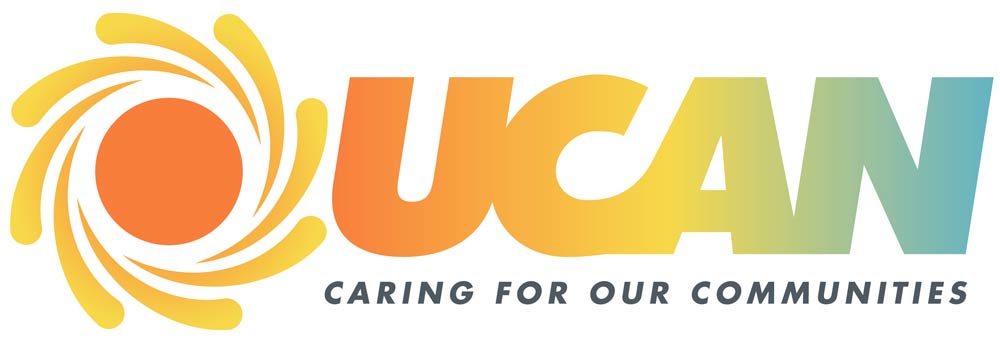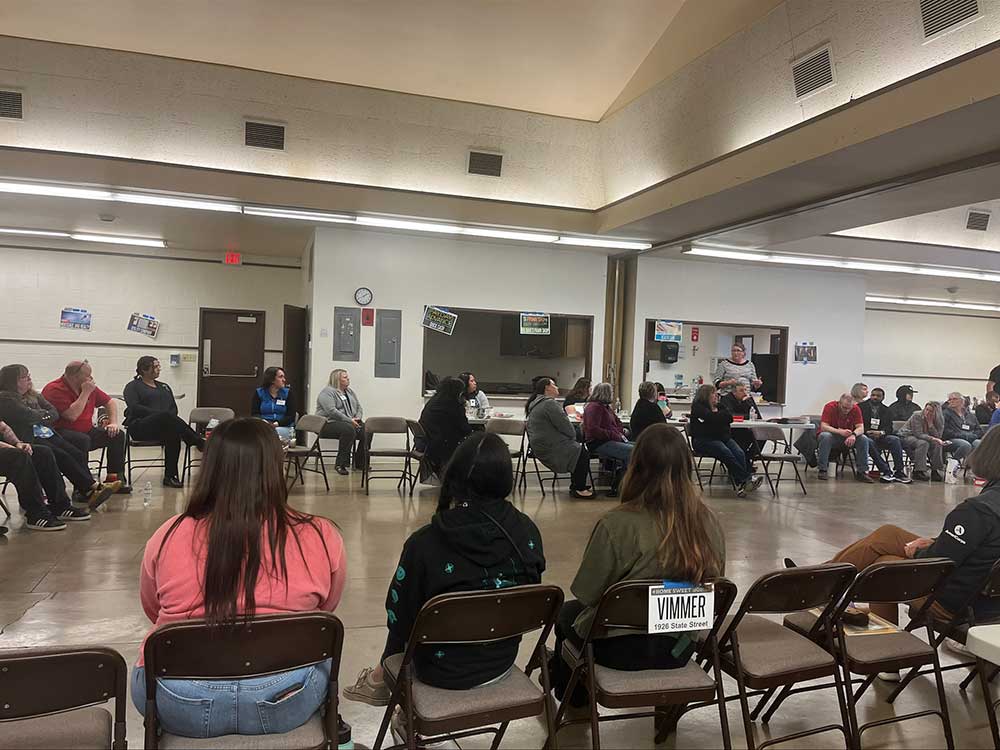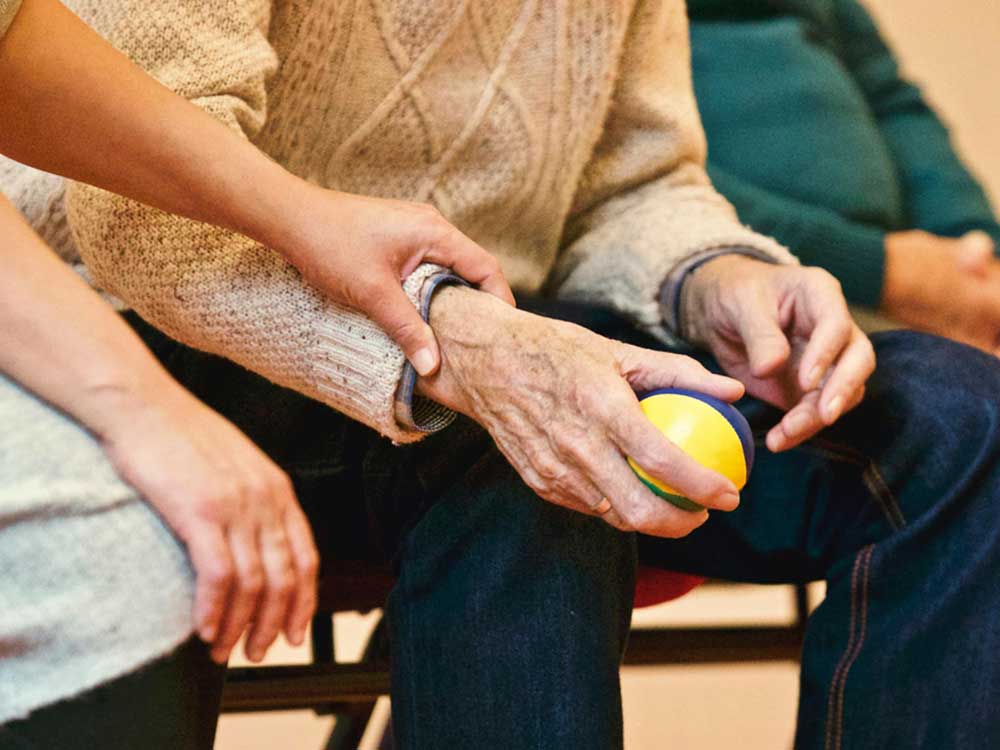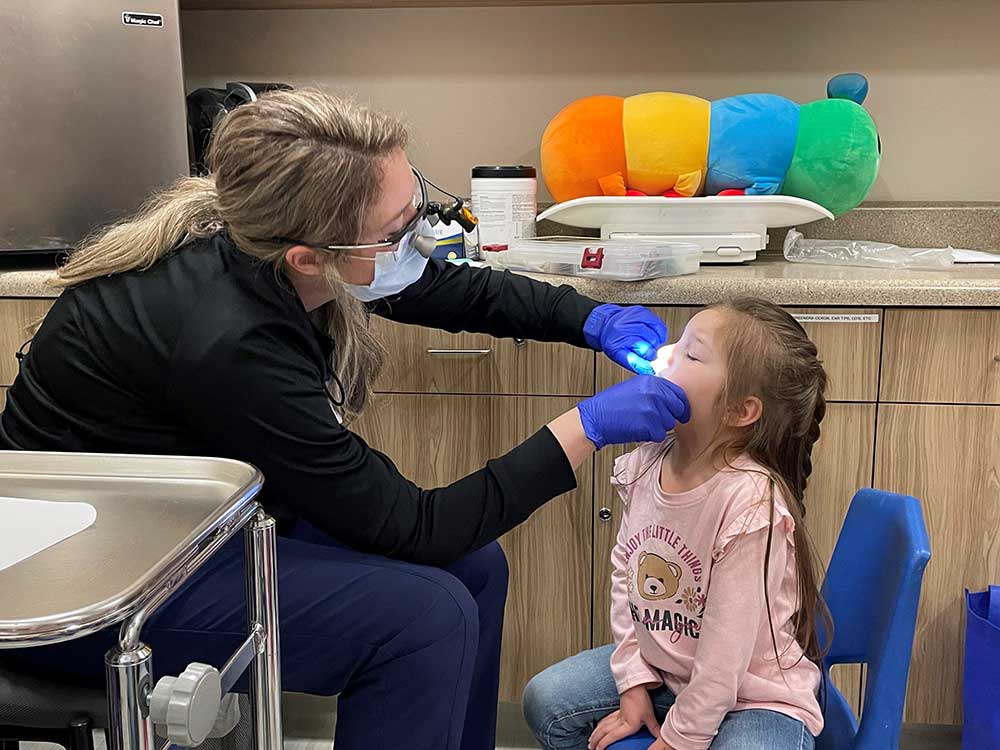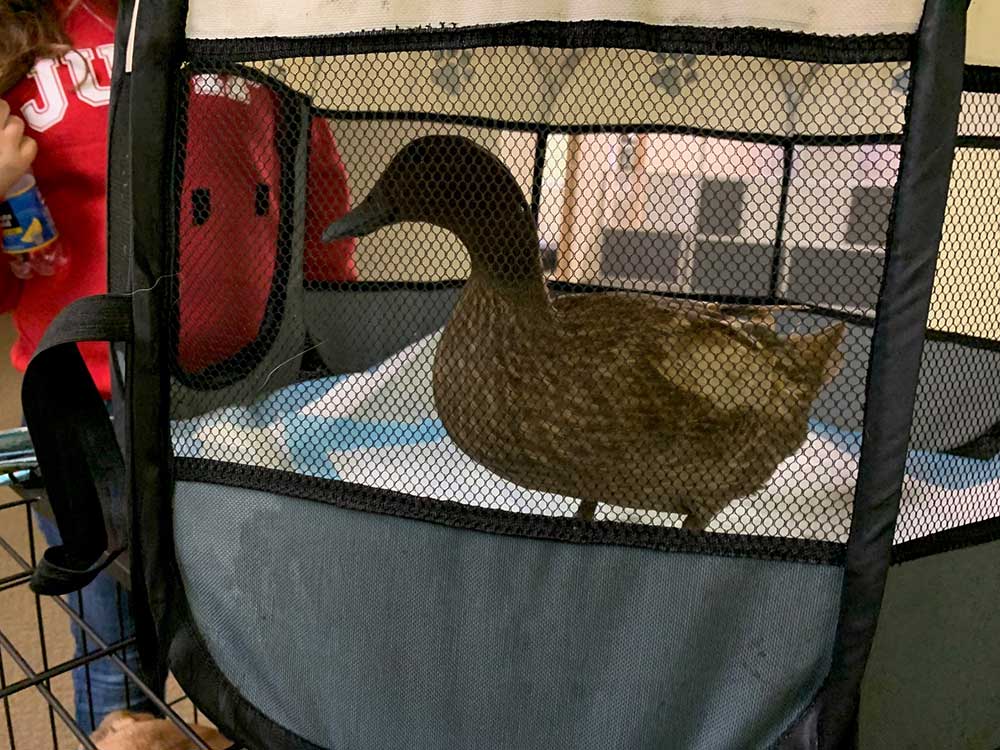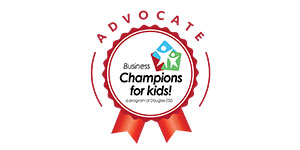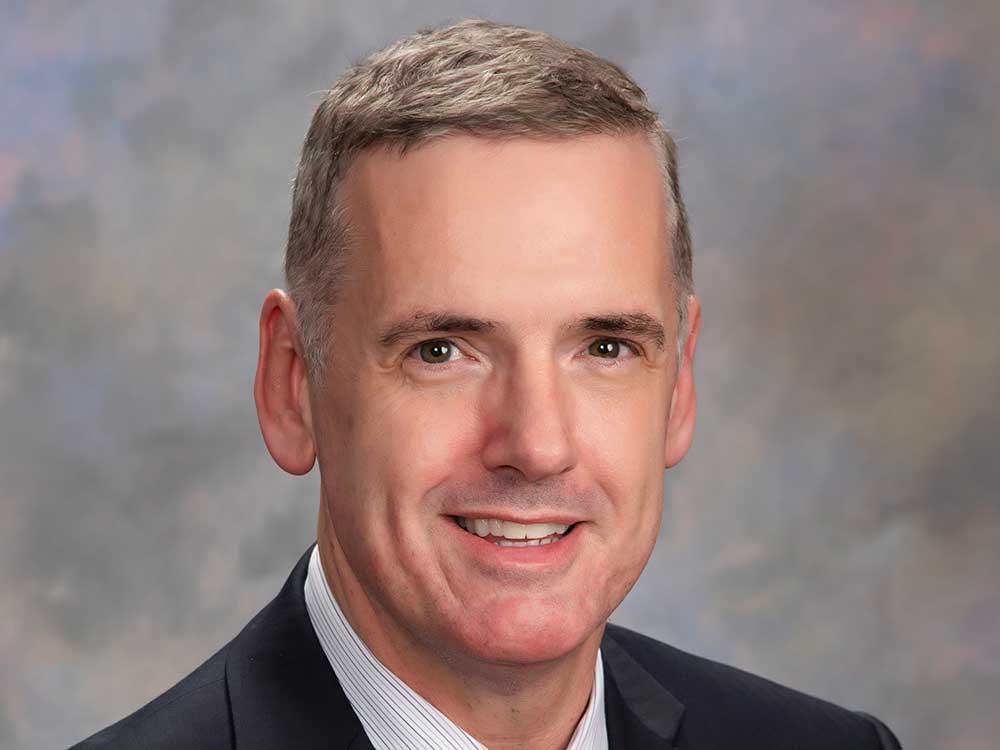
I want to acknowledge some of the many collaborations and coalitions we work with on a regular basis. Partnerships are vital to UCAN’s work in addressing poverty. UCAN’s various programs often coordinate to offer “wrap-around” services to our clients. But to fully meet local needs, we work with other non-profits, government agencies, volunteers, and for-profits.
UCAN’s commitment to partnership begins with our governance structure. We have a tri-partite board, comprised of government, low-income and community members. These board members not only bring a variety of perspectives to the oversight of our operations, they also connect us to our broader community.
We are very active in our involvement with many of the region’s social service systems. Feeding Umpqua works to support the operations of 17 community pantries and six community kitchens. All of our early childhood programs-Head Start/Early Head Start, Healthy Families, Nurse Home Visiting and WIC-take part in Douglas Education Service District’s Community Uplift information and referral program.
Our weatherization program works with a host of contractors in both Douglas and Josephine County so that homeowners are able to obtain weatherization measures that keep their homes warmer in winter. Our utility assistance program works with utilities serving both counties, making sure they receive payments so their customers don’t lose utility service. Veteran Services works with local VA service offices to help connect homeless veterans to benefits.
Our housing and homeless program works in partnership with many entities to help folks get stable housing and stay housed. These include hotels, motels, property managers, and the many agencies that comprise the Rural Continuum of Care. Our AmeriCorps program partners with host sites that benefit from member service. Tax assistance is offered in partnership with AARP and the IRS.
This newsletter features many other partners and volunteers who have supported our work in varied ways. From a car company that helped a formerly homeless couple finance their new car, to several dozen volunteers who hosted homeless individuals in our warming centers, we could not meet local needs without the collective support of our communities.
If you have yet to join in our work, consider volunteering with us, host a food drive supporting Feeding Umpqua, or donate so we can offer more services. Help us shine a light on your community!
